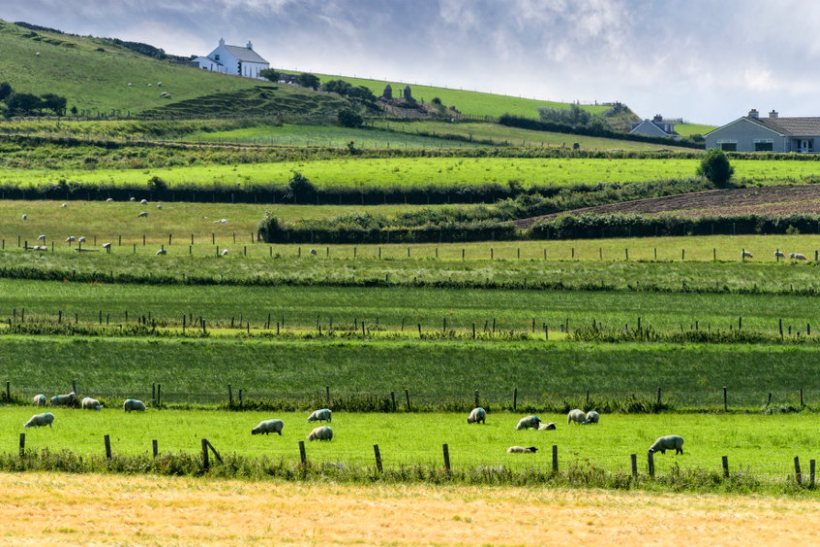NI farmers 'relieved' after MLAs approve seperate methane target

Farmers in Northern Ireland are 'relieved that common sense has prevailed' after lawmakers passed a separate target to reduce methane emissions.
The Executive’s Climate Change Bill (No. 2), which included the separate methane target, passed its final stage earlier this week.
The required reduction in methane will be limited to 46% following an amendment brought by NI's farming minister, Edwin Poots.
“Thankfully, common sense has prevailed and the value of our agriculture sector has been acknowledged, not only in terms of its economic contribution, but also for its contribution to the climate change agenda," he said.
"Only by working together, towards a shared purpose and common goal, can we achieve the ambitions set out in this Bill.”
A separate, more ambitious climate change bill from Green leader Clare Bailey, which called for a net zero target of 2045, was rejected by MLAs.
The Ulster Farmers’ Union (UFU) said its members were "relieved that common sense has prevailed" following the votes, which took place on Tuesday 8 March.
The union had concerns that strict new climate change laws would damage farming and rural communities across the province.
UFU president Victor Chestnutt said farmers were 'utterly relieved' that legislation was in place to allow them to cut emissions "without wiping out unique farm family structures."
"The targets are still ambitious, and we don’t underestimate how challenging these will be for our sector and wider society."
He added that the union was 'delighted' that Clare Bailey’s Private Member’s Bill, with a net zero target of 2045, would not progress any further.
“The future of farm families, young farmers and rural communities were put at risk due to the Private Member’s Climate Change Bill and the actions of some MLAs," he said.
"It was concerning that politicians did not grasp that reducing food production here would only exacerbate global warming by pushing production to countries where emissions are higher.
"It stresses the need to ensure that only appropriate policies with all the relevant impact assessments in place that are truly workable for everyone in NI, can be considered by the NI Assembly."
The Climate Change Bill, which will now seek Royal Assent, will also create a scheme for the administration of a Just Transition Fund for Agriculture.
This will provide advice and financial assistance to the sector to help it deliver its contribution under the climate action plan.








